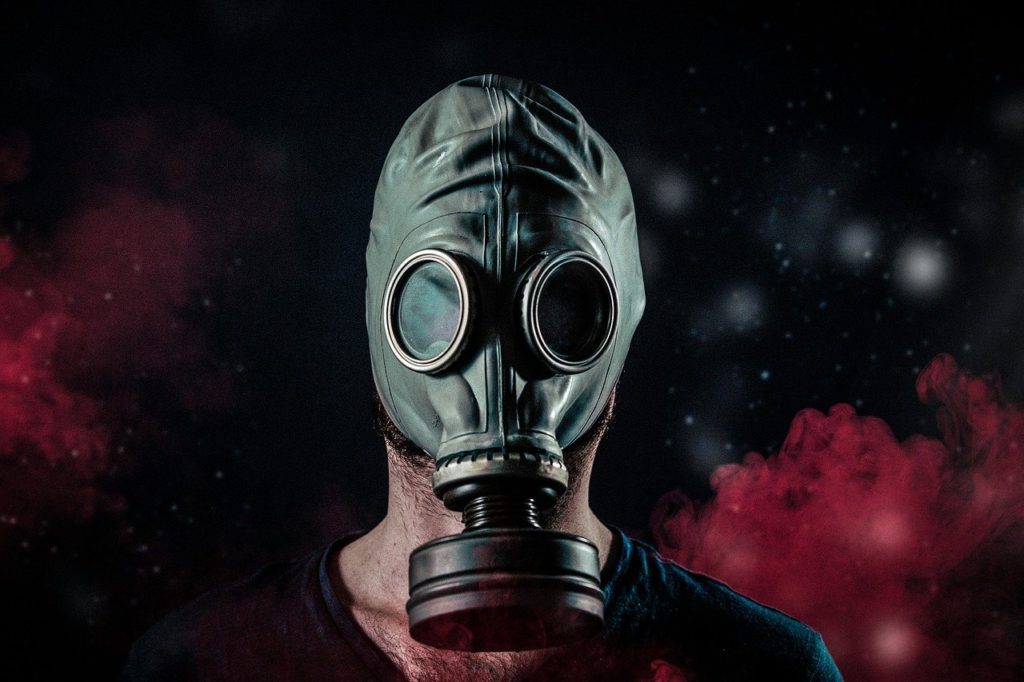Regardless of the workplace, everyone has dealt or is still dealing with that one coworker, or even the boss, who is extremely capable but engages is toxic behavior.
These are the types of people who are incredibly confident in their skills, and they usually perform excellently but also harm the workspace by presenting behavior that is not acceptable at work. That behavior includes acts of policy violations like sexual harassment, workplace violence or fraud. Sometimes the behavior may consist of subtle signs like constant confrontation, disobeying the work organization, causing discomfort with other coworkers, etc.
Nevertheless, these workers get all the attention not because of their behavior, but because of the work they do. They get the best opportunities, are highly sought after and enjoy special treatment, all because they attract business and profit to the company. This begs the question; are these types of workers essential, and if so, are they worth sacrificing a healthy work environment? Before we answer these questions, make sure to visit PapersOwl UK in case you need writing services for your work or hobby.
A toxic employee can cost a lot
According to the Association for Talent Development, having a toxic employee is not worth it as that person can cost your business millions of dollars. A study commissioned by CPP global estimated that the annual cost of workspace conflict (with toxic employees), in the United States alone is $359 billion regarding the time people spent dealing with conflict and the productivity lost in the process. The toll these conflicts take on the economy, as well as the psychology of the people involved, is enormous. It affects the workspace and disrupts the working environment completely.
Bottom line, hiring or keeping a toxic worker can cost you twice as much as it would have cost you to replace that person with someone friendly, and welcoming, even though they didn’t perform as good as the toxic worker. Sometimes, businesses keep toxic workers because of guilt, the culture of drama or even the savior complex, believing these people could get better. However, the effort is just not worth it, as the numbers state.
A toxic worker affects the performance of the whole office
Imagine a scenario; there is an office meeting, and it is led by one of the worst employees at the company. That person is arrogant, uses abusive and harsh language, doesn’t act accountable or responsible for anything, and you’re fed up with it. According to Baltimore Post Examiner, people who are working with toxic coworkers are more likely to leave the meetings and avoid them at all cost. Therefore, other workers may follow and soon enough the office meetings will no longer be useful.
This is a perfect example of how toxic employees affect the working environment at the office. A healthy working environment, where employees are free to express themselves or state the things that bother them is the proper way to lead the office. However, if you value the toxic worker more than the actual environment in which the rest of the employees have to work every day, you may be in some serious trouble. If the situation in the office is bad, people will more likely quit their jobs and try to find a better place. Talented employees who want to work in a healthy environment won’t tolerate toxic behavior, and they shouldn’t. If toxic behavior gets tolerated, these workers will lose faith in the company and simply leave.
If you lose all your workers, is it worth ending up with the toxic one? Definitely not.
A toxic worker undermines a company’s reputation
It can seem that the worker is doing an excellent job, and they actually might excel at what they do. However, in the long term, the chances are that their work will turn out to be of poor quality and actually damaging the company’s reputation. This may sound weird, but the majority of companies who have dealt with toxic workers have stated that their unethical behavior affected their work, and the work of others. There is actually a 47% chance that one toxic worker will create other toxic workers in the immediate environment, which is a type of behavior compared to a virus, according to Kellogg Insight.
What are the signs of a toxic worker?
Sometimes the workers who do a great job also do the most damage and hide in the shadows of good performance. Here’s how you can identify a toxic worker at the company:
- Toxic workers don’t find themselves accountable or responsible
- They blame others for not doing their jobs
- They avoid shifting priorities or orders no matter how urgent they are
- They believe experience equals to having great skills
- They love to gossip and show it off as merely a part of the company culture
- They use peer pressure to hold other people back
- They take responsibility for success even though they didn’t contribute or contributed very little
- They are quick to ‘throw under the bus’ other co-workers
- They display arrogant behavior, over-confidence, and conceit
How to deal with toxicity?
If you’re having a hard time dealing with a toxic co-worker or employee, here are some things you can do to lower their negative impact;
- Stop giving toxic people space to be toxic around you
- Take emotion out of your reactions to the toxic co-worker
- Distance yourself from them, physically, or emotionally and mentally
- Set clear boundaries
- File a complaint of the person doesn’t respect your personal space, acts inappropriate for a professional setting or becomes abusive
- Their toxicity shouldn’t be taken personally
- If you have to work with such a person, let them speak to avoid conflict
- Surround yourself with other, friendly co-workers



